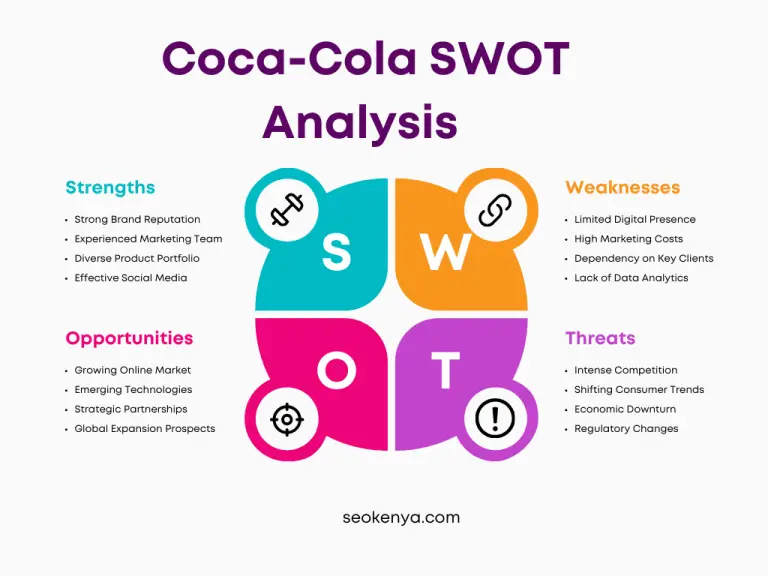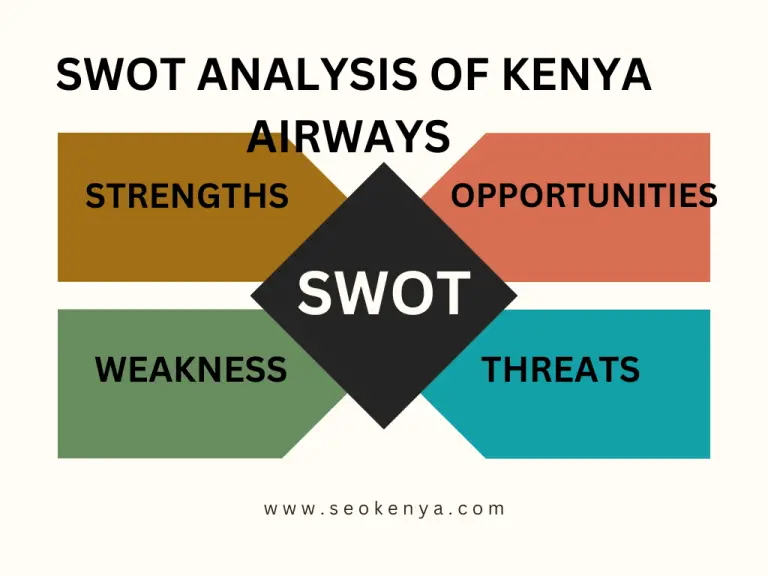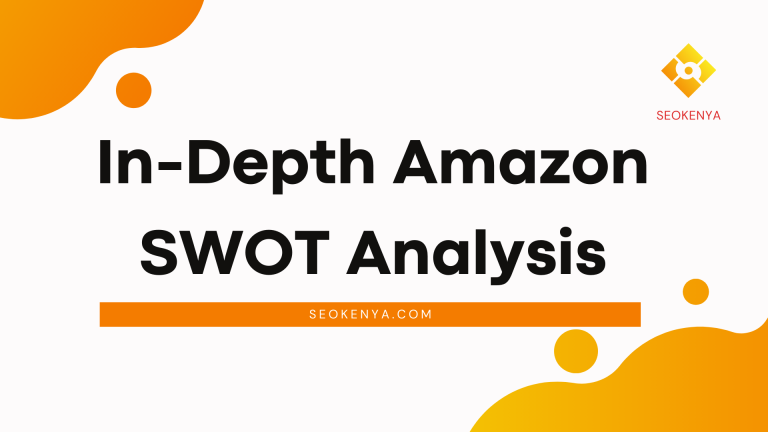An In-Depth PayPal SWOT Analysis; Strengths, Weaknesses, Opportunities, and Threats
PayPal is an online payment company that enables individuals and businesses to send and receive payments securely. It was founded in 1998 as X.com and later renamed to PayPal. The company has its headquarters in California, USA.
PayPal also provides its users with payment cards, credit cards, loans, and investment services. PayPal is considered one of the safest and most secure online payment platforms due to its use of encryption and fraud protection measures.
It is a leading player in the online payment industry and has been providing a secure and easy-to-use platform for digital transactions for over two decades.
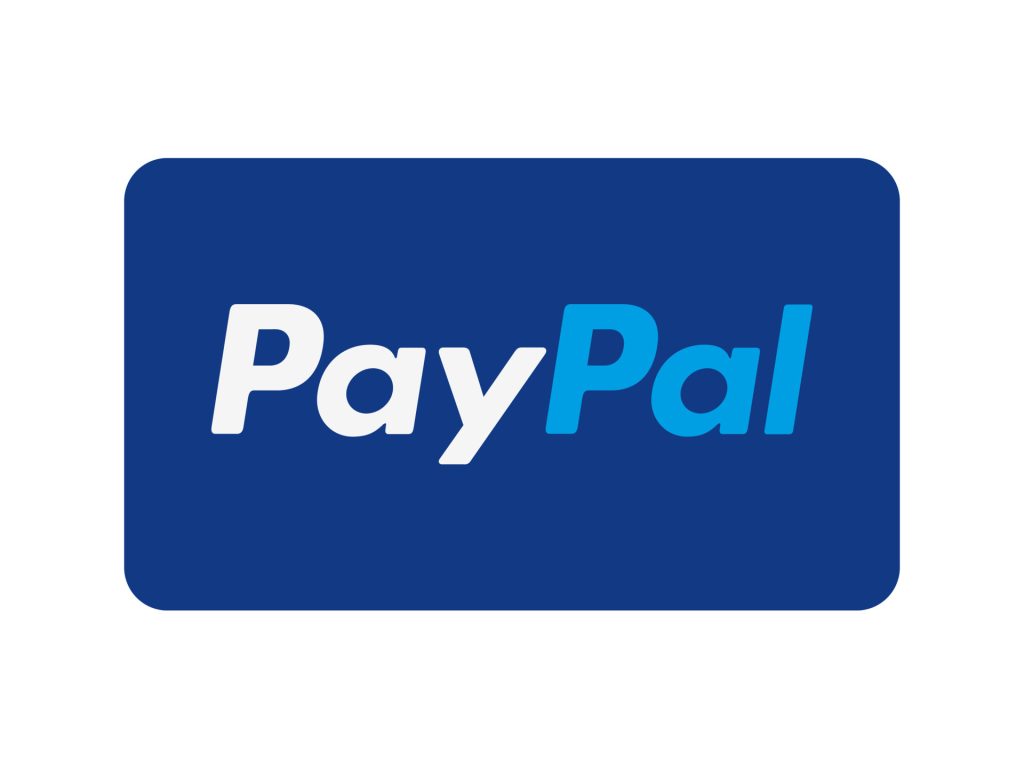
PAYPAL COMPANY KEY DETAILS:
| DETAIL | INFORMATION |
| Company Name | PayPal |
| Founders | Peter Thiel, Max Levchin, Luke Nosek |
| Founded | December 1998 |
| Headquarters | San Jose, California, U.S. |
| CEO | Dan Schulman |
| Industry | Financial Technology, Online Payment |
| Products/Services | Online money transfers, payment processing, mobile payments, merchant services |
| Business Model | Transaction fees from merchants and consumers |
| Revenue (2022) | $25.37 billion |
| Net Income (2022) | $4.23 billion |
| Employees | Approximately 30,000 (as of 2022) |
| Notable Events | Acquired by eBay in 2002, spun off as an independent company in 2015, acquired Venmo in 2013, acquired Honey in 2020 |
| Stock Ticker | PYPL (NASDAQ) |
PayPal SWOT Analysis
As the demand for digital payment solutions continues to grow, it’s crucial for businesses to understand the strengths, weaknesses, opportunities, and threats (SWOT analysis) of PayPal in order to make informed decisions about their payment strategies.
Strengths of PayPal
Widely recognized and trusted brand
PayPal has established itself as a trusted and reliable name in the world of online payments. Its brand recognition is second to none, which gives consumers the confidence to use its services and businesses the assurance of security.
Global reach and local payment options
PayPal operates in over 200 countries, making it a truly global platform. This allows businesses to reach a wide range of customers and cater to their specific payment preferences, such as local bank transfers and debit/credit card options.
User-friendly platform
PayPal’s platform is designed with the user in mind and is easy to use, whether you’re a business owner or a consumer. This helps to simplify the payment process and reduce friction for both parties.
Strong security measures
PayPal takes security seriously and employs a range of measures to protect its users’ information and transactions. This includes encryption, fraud detection and prevention, and buyer protection policies.
Diversified business model
PayPal has a diversified business model that includes not just online payments but also credit and lending services, payment processing for brick-and-mortar businesses, and more. This diversity helps the company to weather market shifts and economic downturns.
Weaknesses of PayPal
Dependence on third-party services
PayPal relies on third-party services, such as banks and payment processors, to facilitate transactions. This can result in delays and disruptions to the payment process.
Limitations on high-risk transactions
PayPal’s policies on high-risk transactions, such as those in the adult entertainment and gambling industries, can be restrictive and may limit the growth potential of certain businesses.
Potential for disputes and chargebacks
Like any payment platform, PayPal is not immune to disputes and chargebacks. While its dispute resolution process is efficient, it can still result in lost time and revenue for businesses.
Dependence on E-Commerce
Despite its diversified business model, PayPal remains heavily dependent on the e-commerce market, which can be subject to fluctuations and disruptions.
Competition from Other Fintech Companies
PayPal faces stiff competition from other fintech companies, including Square and Stripe, which are rapidly gaining market share in the online payment space.
Regulatory Challenges
PayPal operates in a heavily regulated industry and must navigate complex laws and regulations in each market it operates in. This can be a significant challenge and drain on the company’s resources.
Security Concerns
As with any online payment platform, security is a major concern for PayPal. The company must constantly invest in security measures to protect its users and maintain its reputation for reliability.
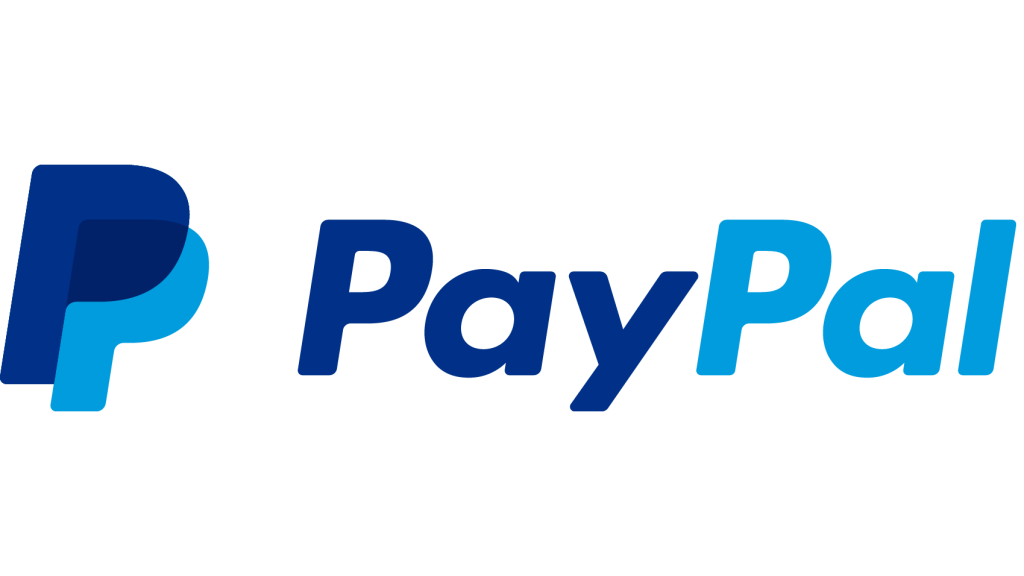
Opportunities for PayPal
Expansion into new markets
PayPal has the opportunity to continue its expansion into new markets, both domestically and internationally. This will allow it to tap into new customer segments and increase its revenue streams.
Integration with new technologies
As technology continues to advance, PayPal has the opportunity to integrate with new technologies, such as virtual and augmented reality, to enhance its services and stay ahead of the competition.
Partnership opportunities
PayPal can explore partnership opportunities with other businesses and platforms, such as e-commerce platforms and financial institutions, to offer a more comprehensive suite of services to its users.
Development of New Products and Services
PayPal has the potential to develop new products and services to meet the changing needs of its customers, such as offering more flexible financing options and better fraud protection.
Growth of E-Commerce
As the e-commerce market continues to grow, PayPal has the opportunity to capture a larger share of the market and grow its revenue and user base.
Threats to PayPal
Intense competition
PayPal faces intense competition from other online payment providers, as well as traditional payment methods, such as credit/debit cards and bank transfers.
Regulation and compliance
PayPal must constantly stay on top of changing regulations and comply with relevant laws and policies, which can be a challenge and result in additional costs.
Cybersecurity threats
PayPal, like any digital platform, is vulnerable to cyber-attacks and data breaches. It must invest in robust security measures to protect its users’ information and transactions.
Economic Downturns
Economic downturns can lead to reduced spending and a slowdown in the e-commerce market, which could negatively impact PayPal’s revenue.
PayPal is a well-established player in the online payment industry and has a strong brand, user-friendly platform, and robust security measures.
However, it also faces challenges such as dependence on third-party services, limitations on high-risk transactions, and potential for disputes and chargebacks. To continue its growth and success, PayPal must stay ahead of the competition and adapt to

